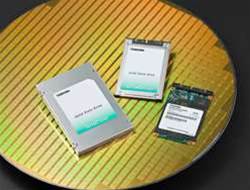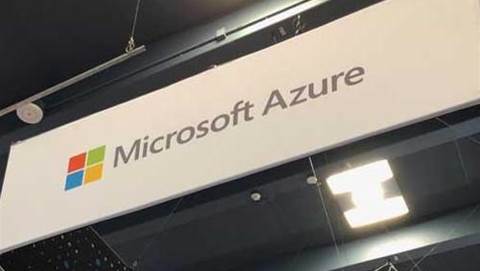
Toshiba said that the second-generation SSDs use an advanced Multi-Level Cell (MLC) controller specifically designed for higher read and write speeds, parallel data transfers and wear levelling to optimise performance, reliability and endurance.
The new drives boast AES data encryption and a maximum sequential read speed of 240MB/s and a maximum sequential write speed of 200MB/s which should provide faster boot and application loading times.
"The solid state drive market is evolving rapidly with higher performance drives to meet market requirements, and differentiated product families targeted for appropriate applications," said Kiyoshi Kobayashi, vice president of Toshiba Semiconductor Company.
"This new 43nm SSD family balances value and performance characteristics for its targeted consumer applications through use of MLC Nand and an advanced controller architecture."
Toshiba reckons that SSDs will begin to gain significant traction in the market in 2009, growing to approximately 10 per cent of the notebook market by 2010 and 25 per cent by 2012.
Pricing for the new drives is yet to be confirmed, but samples will be available in the first quarter of 2009. Mass production is expected in the second quarter.



.png&h=140&w=231&c=1&s=0)
_(20).jpg&h=140&w=231&c=1&s=0)





 iTnews Executive Retreat - Security Leaders Edition
iTnews Executive Retreat - Security Leaders Edition
 iTnews Benchmark Awards 2026
iTnews Benchmark Awards 2026
 iTnews Cloud Covered Breakfast Summit
iTnews Cloud Covered Breakfast Summit












_(1).jpg&h=140&w=231&c=1&s=0)



